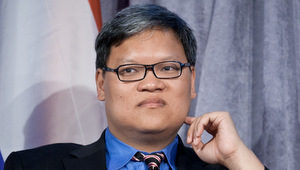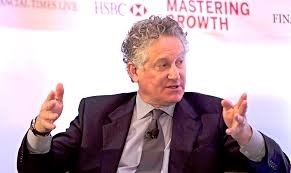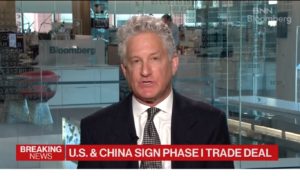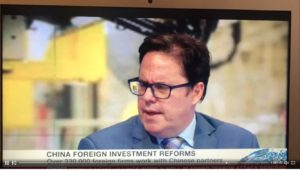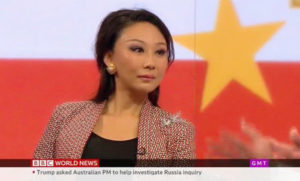Coinspeaker:
ByteDance will be the overall decision-maker on who to sell its product to. Preferably, one that will offer the best cash deal, which both Oracle and Microsoft are capable of anyway, or one that will not pose a direct competition threat in future for its venture, where Oracle highly wins.
“The perfect company for Bytedance to sell to is one with deep enough pockets to pay a good price,” said Matthew Brennan, a social media analyst in Beijing.
Brennan added that the buyer should be “good enough at tech to actually run all the advanced AI (artificial intelligence that TikTok has)” but weak enough at consumer mobile that they would avoid arming a future competitor. “By these measures, Oracle sounds like a good fit,” said Brennan.
Oracle is actively providing the CIA with its database software solution, and the acquisition of China’s huge tech company might be a gateway to spying the Chinese market.
In addition, Oracle’s acquisition of TikTok will be a plus for the struggling company to venture into new markets and presumably the social media industry.
Matthew Brennan is a speaker at the China Speakers Bureau. Do you need him at your (online) meeting or conference? Do get in touch or fill in our speakers' request form.
Are you looking for more innovation experts at the China Speakers Bureau? Do check out this list.





